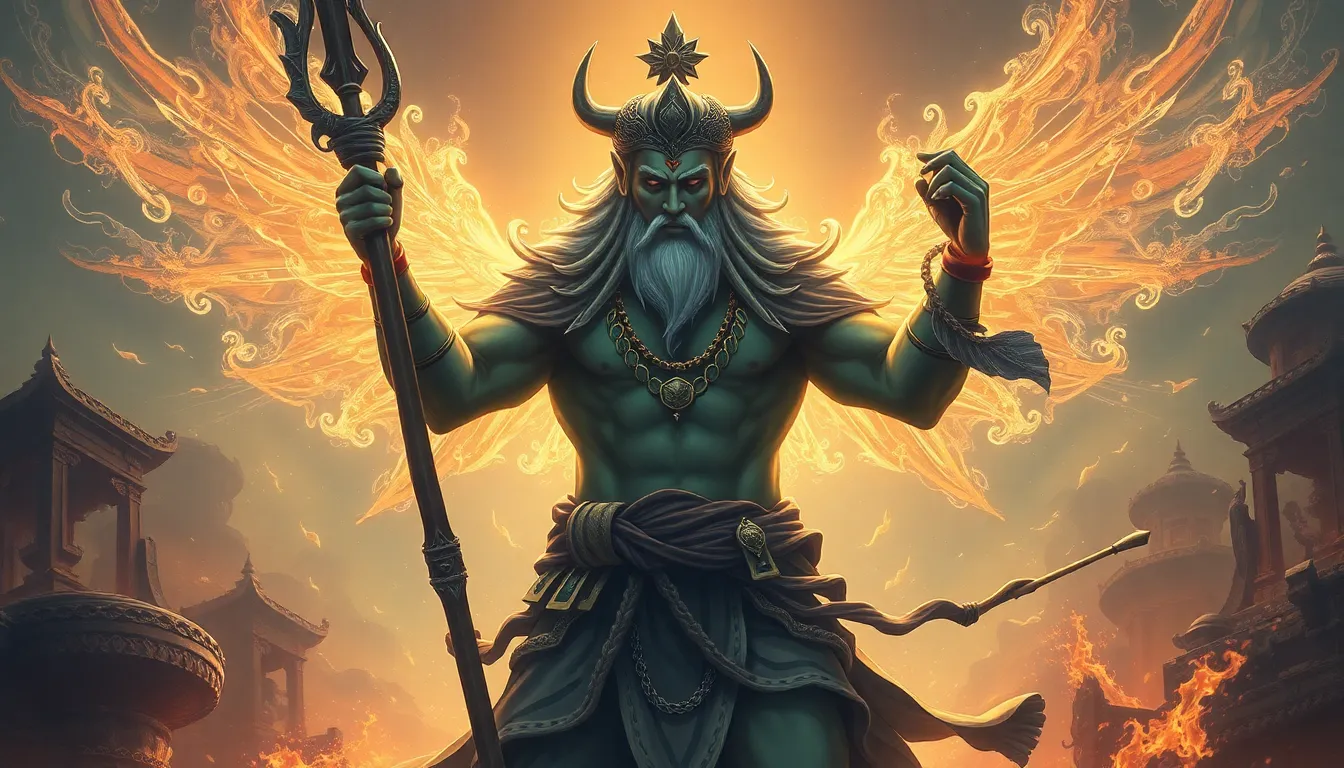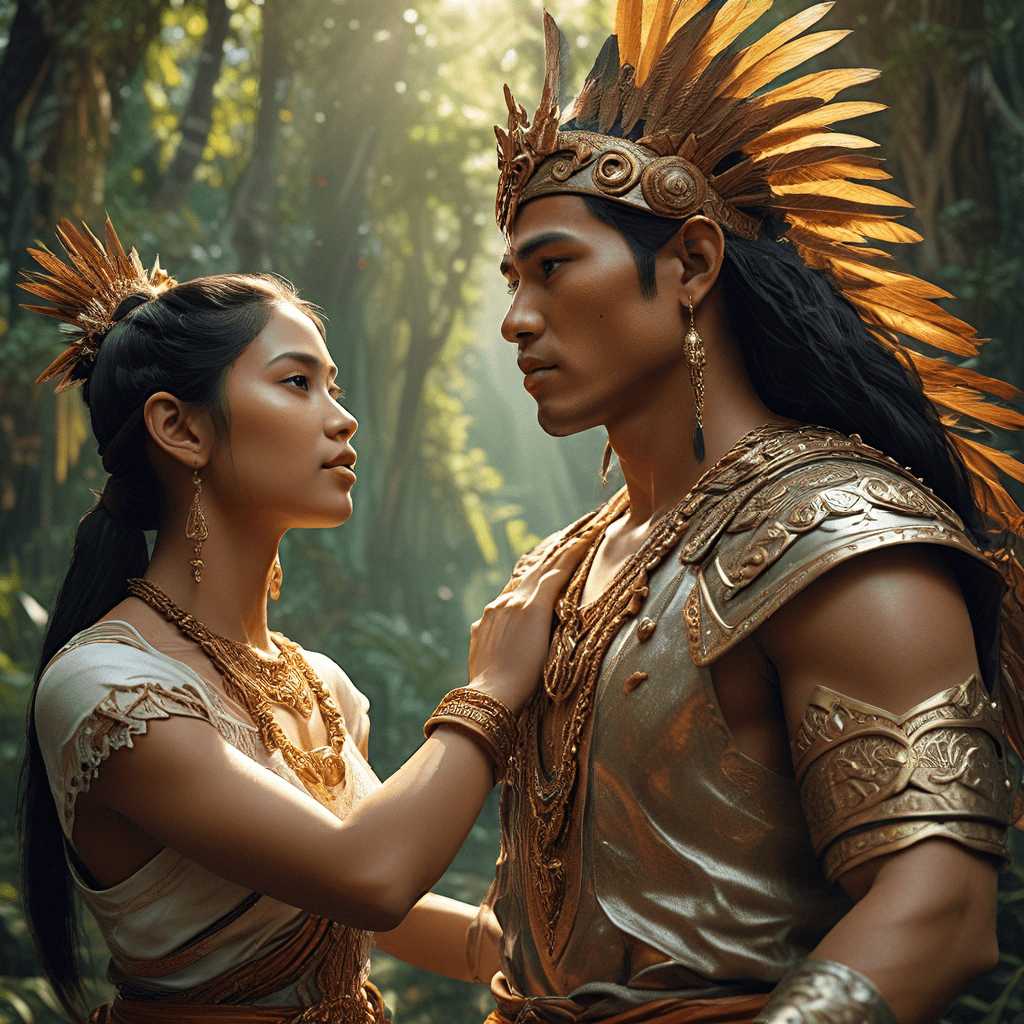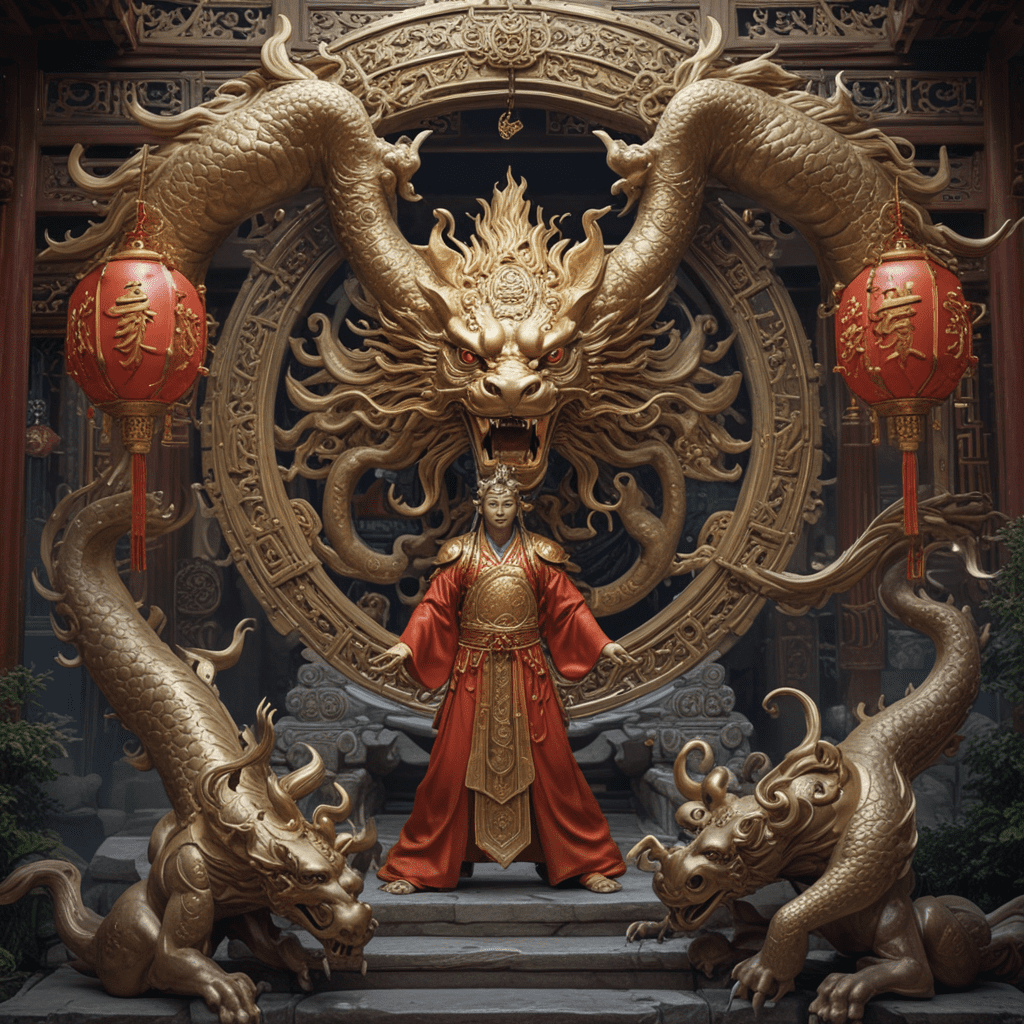Cultural Heroes: Mythical Figures of Resilience and Strength
1. Introduction
Cultural heroes are pivotal figures in the narratives of societies, symbolizing the values, aspirations, and struggles of their people. These individuals, often rooted in mythology, embody resilience and strength, serving as beacons of hope and inspiration. Through their stories, cultures convey essential lessons about perseverance, bravery, and the human condition. This article seeks to explore various cultural heroes across different societies, highlighting their significance and the timeless traits of resilience and strength that they represent.
2. The Role of Mythology in Culture
Mythology functions as a framework through which societies understand their world and themselves. It encompasses traditional stories and legends that explain the origins of the universe, natural phenomena, and human experiences. The role of heroes within these myths is crucial; they often embody the ideals and values of their cultures. Heroes convey cultural values such as loyalty, courage, and justice, helping to shape collective identity.
Myths also play a vital role in fostering resilience within communities. They recount tales of triumph over adversity, encouraging individuals to confront their challenges with strength and determination. By identifying with these heroes, people can cultivate a sense of belonging and purpose.
3. Characteristics of Cultural Heroes
Cultural heroes often share common traits that underscore their resilience and strength. These characteristics include:
- Bravery: The willingness to face danger or difficulty head-on.
- Sacrifice: The ability to put others’ needs above one’s own for a greater cause.
- Wisdom: The knowledge that guides their actions and decisions.
- Perseverance: The determination to continue striving despite obstacles.
Across different cultures and eras, the evolution of these traits reflects the changing societal values and norms. Nevertheless, the core essence of what makes a hero remains constant: the ability to inspire others through acts of courage and strength.
4. Indigenous Heroes: Stories of Survival and Resistance
Indigenous myths are rich with cultural heroes who symbolize survival and resistance against oppression. Figures like Nanabozho, a trickster and creator in Anishinaabe mythology, and Coyote, a central character in many Native American traditions, exemplify resilience. These heroes teach lessons about adaptability, respect for nature, and the importance of community.
The narratives surrounding these figures are instrumental in preserving cultural identity. They serve not only as stories of survival but also as educational tools that instill values in younger generations. In contemporary indigenous communities, these stories continue to inspire resilience, reminding individuals of their heritage and strength in the face of modern challenges.
5. Ancient Civilizations: Heroes of Strength and Valor
From the ancient civilizations of Greece and Mesopotamia emerge legendary heroes like Hercules and Gilgamesh. Hercules, known for his immense strength, undertook the Twelve Labors, showcasing bravery and determination. Similarly, Gilgamesh, a king of Uruk, embarked on epic quests that taught him the value of friendship and the inevitability of death.
These heroes not only represent physical strength but also embody the heroic ideals of their respective societies. Their narratives reinforce the importance of valor and resilience, encouraging individuals to confront their own life challenges with the same courage.
6. Feminine Archetypes: Women as Cultural Heroes
Women in mythology also serve as powerful cultural heroes, representing strength and resilience in diverse ways. Figures such as Mulan, Athena, and Kali illustrate the multifaceted nature of female heroism. Mulan disguises herself as a man to take her father’s place in battle, demonstrating bravery and loyalty. Athena, the Greek goddess of wisdom and war, embodies strategic strength, while Kali represents the fierce and transformative power of femininity.
The representation of women in mythology has significant implications for gender roles and empowerment. These figures challenge traditional notions of femininity, showcasing that strength and resilience are not limited by gender.
7. Modern Cultural Heroes: Legends in Contemporary Society
In today’s world, figures like Nelson Mandela and Malala Yousafzai embody the traits of resilience and strength in their struggles for justice and education. Mandela’s fight against apartheid and his commitment to reconciliation illustrate the power of perseverance, while Malala’s advocacy for girls’ education highlights the courage to stand against oppression.
These modern heroes draw parallels to traditional mythical figures, as their narratives inspire hope and action. The role of media in shaping perceptions of heroism is significant, allowing stories of resilience to reach wider audiences and inspire global movements.
8. The Psychological Impact of Cultural Heroes
Cultural heroes significantly influence individual and collective resilience. Their stories provide frameworks for understanding challenges and developing coping mechanisms. Through storytelling, individuals can find solace, motivation, and guidance in their struggles.
In modern psychology, myths and narratives are utilized therapeutically, helping individuals explore personal challenges and find strength through the archetypal journeys of heroes. This therapeutic use highlights the enduring power of cultural heroes in promoting resilience.
9. Cultural Heroes Across the Globe: A Comparative Analysis
A survey of cultural heroes from diverse regions reveals fascinating similarities and differences. Across Africa, Asia, Europe, and the Americas, figures such as Anansi, Sun Wukong, King Arthur, and Quetzalcoatl illustrate unique cultural values and narratives.
- Africa: Anansi, the spider god, teaches wisdom and cunning.
- Asia: Sun Wukong, the Monkey King, symbolizes rebellion and transformation.
- Europe: King Arthur represents nobility and the quest for justice.
- Americas: Quetzalcoatl, the feathered serpent, embodies creation and cultural knowledge.
These heroes, while distinct in their traits and narratives, share a fundamental role in shaping societal values and collective identity, underscoring the universal need for resilience and strength in the human experience.



